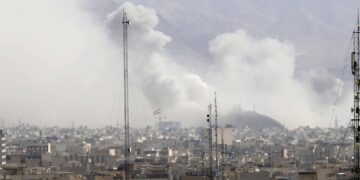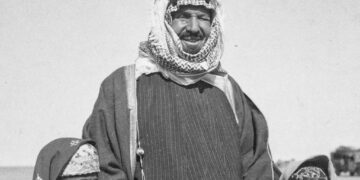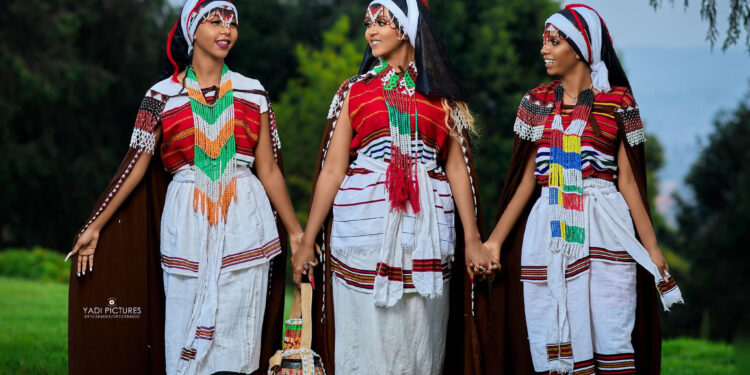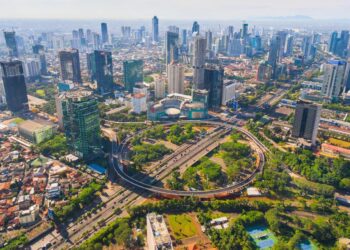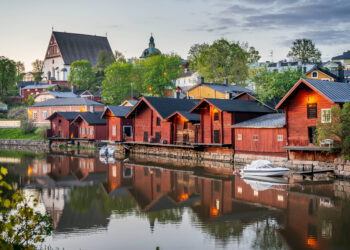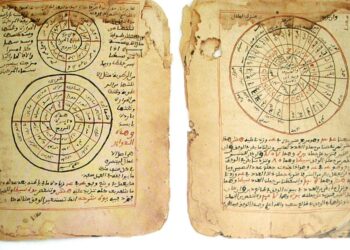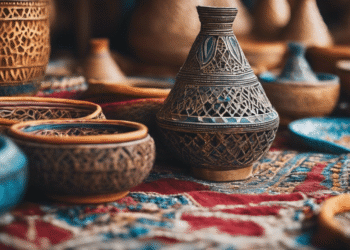Thousands of Ethiopians gathered in Addis Ababa to celebrate the Irreecha Festival, a vibrant thanksgiving event of the Oromo people. The celebration marks the end of the rainy season and the start of Birraa — the season of abundance and renewal.
The Irreecha Festival holds deep spiritual and cultural meaning. It is a time when the Oromo people express gratitude to Waaqa (God) for protection and blessings throughout the year. The main celebrations take place at Hora Finfinne in Addis Ababa and Hora Harsadi in Bishoftu, drawing large crowds from across Ethiopia and beyond.
During the ceremony, participants perform symbolic rituals. They dip fresh green grass and flowers into the lake water, then sprinkle it on themselves. This act represents purification, peace, and renewal. The joyful mood, traditional songs, and dance create an atmosphere of unity and reflection.
Many wear white clothes during the Irreecha Festival, symbolizing purity and harmony. Families and friends gather to share food, stories, and songs. For the Oromo community, the event strengthens cultural pride and connects generations through shared heritage.
Beyond its religious roots, the Irreecha Festival highlights the Oromo people’s enduring link with nature. The rituals reflect respect for the earth, water, and life’s cycles. The season of Birraa is seen as a period of hope and prosperity, reminding everyone of the importance of gratitude and coexistence.
The festival also plays a key role in promoting peace and national unity. It brings together diverse communities in Ethiopia to celebrate mutual respect and harmony. For many, the Irreecha Festival serves as both a spiritual renewal and a cultural bridge across Ethiopia’s many traditions.
As the sun sets over Hora Finfinne, the festival closes with prayers for peace, rain, and good harvests. The sound of songs and drums echoes through the city, carrying the timeless message of Irreecha — gratitude, peace, and hope for the year ahead.



